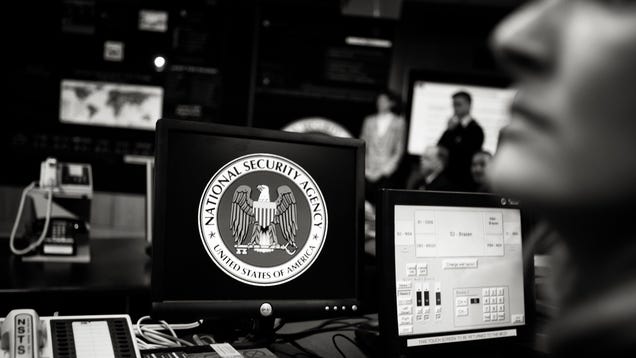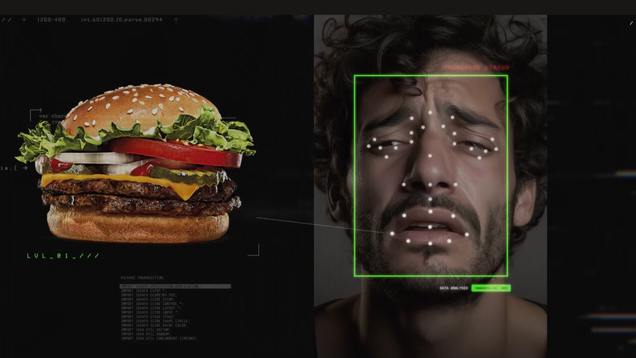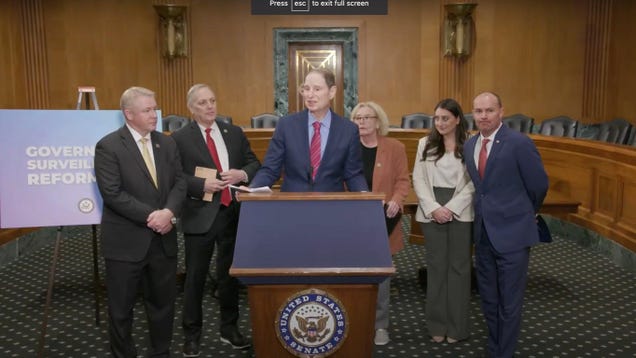Thomas Jackson/Getty Images
Timothy A. Clary/AFP/Getty
Tech, News, NYPD, Robots, surveillance

The National Security Agency (NSA) is purchasing Americans’ internet records, according to government documents made public on Friday. U.S.

Ring, Amazon’s home surveillance company, will stop letting police departments request video footage directly from users in its app, the company said in a

The Brazilian wing of Burger King announced a surveillance technology marketing stunt this week called the “Hangover Whopper,” celebrating the booze-filled days between Christmas and New Year’s with facial recognition. All you have to do is hold your bleary-eyed visage up to a camera, and the company says its…

Google announced changes to the way it harvests your location data this week that will finally put a stop to its compliance with geofence warrants, a police surveillance technique that many say circumvents the Constitution.
Eugene Gologursky/Stringer/Getty Images

A rare bipartisan coalition of lawmakers has teamed up to propose major privacy reforms that could fundamentally reign in the US government’s most powerful domestic surveillance tools.

Want to buy invasive personal details about an active-duty service member who works on a specific military base? You better have $0.12, because according to a new study that’s all it costs. The good news is the unregulated data brokers who sell that information probably won’t ask you any pesky questions about your…

U.S. lawmakers are questioning Costco’s decision to sell banned Chinese-based security products reportedly linked to human rights abuses and cybersecurity risks. Rep. Christopher Smith (R-NJ) and Sen.
